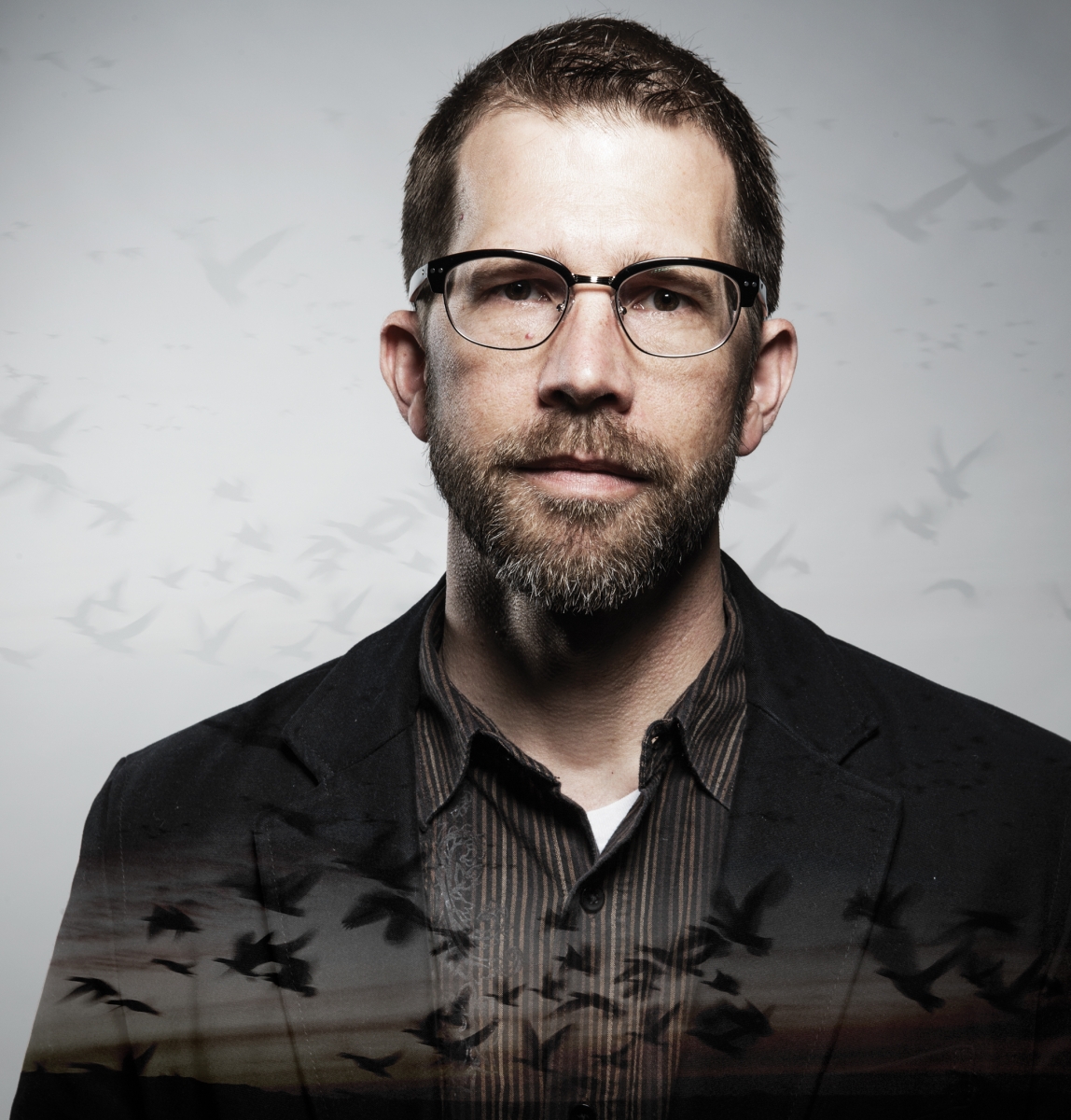
Scott Maurer was exposed to more than one set of religious beliefs as a kid. A child of divorced parents, he divided his formative years between a mom who dabbled in the Unitarian Universalist Church and a devout Jewish father who recited Hebrew prayers and kept a kosher kitchen.
By the time he entered college at Virginia Commonwealth University, however, Maurer says he had developed an “intense skepticism” about religion in general. “I thought Christians, in particular, were a bunch of judgmental, horrible anti-intellectual people,” he recalls. That is, until he took a class on world religions and began to read C.S. Lewis and other scholars of apologetics, a branch of theology devoted to the defense of Christianity.
After college, Maurer played guitar in a rock band and spent 10 years in the tech industry before deciding to become ordained. He remembers standing in his kitchen one day when he felt called to full-time ministry.
“I didn’t see a bright light or hear a voice or anything,” he says, describing it as more a combination of intuition and guidance from the Bible.
Now 47, he is pastor of the West City Fellowship that meets on Sundays at Theatre on the Run on South Four Mile Run Drive. It’s part of a 10-church expansion planned by Fair Oaks Church, a nondenominational church in Fairfax.
Maurer says he founded West City Fellowship in 2013 as a place for reconciliation—with God and with other people. “This area is so diverse. People have this natural hostility toward anyone who’s different,” he says. “God is glorified when the Gospel trumps all differences between diverse people.”
Though Northern Virginia a has become a veritable melting pot of faith-based subcultures—from the traditional “big three” (Christianity, Judaism and Islam) to myriad nondenominational alternatives, statistics suggest that religion is not the societal glue it once was. Last year, 76 percent of respondents in a nationwide Gallup survey said that religion, as a whole, is losing its influence on American life.
This may be particularly true of adults under 30, more than a third of whom are now religiously unaffiliated, according to a 2012 Pew study.
Some local faith leaders are attempting to reverse that trend by getting creative with their appeals to younger generations. “[Churches have] not done a good job of reaching out to Generation X and Millennials,” says the Rev. Brian Erickson, pastor of Faith Lutheran Church on Arlington Boulevard, which hosts wine-and-cheese parties targeting that demographic. “Many of these young adults are spiritually oriented and are trying to figure out what God is calling them to be and do with their lives,” he says. The approach seems to be gaining some traction. Of the 243 new members that Faith Lutheran welcomed in the last four years, Erickson says, 57 percent are young adults.
Mount Olivet United Methodist Church on North Glebe Road now posts videos of its services online in an effort to broaden its reach to the young and the tech-savvy. While the church is growing, both in terms of membership and weekly attendance, the Rev. Ed Walker says that 25- to 34-year-olds remain underrepresented in the pews. He’s hoping to further bridge the divide by hosting spiritual meetings in nontraditional locations around town, like coffeehouses.
Leaders of the 105-year-old Church at Clarendon are of a similar mindset. Though it’s located at the epicenter of what Niche.com dubbed one of the nation’s most desirable neighborhoods for Millennials, it’s still a “tough area to do church,” says Stephen Taylor, director of community ministry. To reach younger generations, the church has twice brought in a Christian DJ for an experimental worship service called “Church Remixed.” In October, it hosted an electronic dance party.
Swapping rock and club music for pipe organs and choirs isn’t a gimmick, Taylor says. The idea is to create an atmosphere that doesn’t feel foreign to people who didn’t grow up going to church. “There is a core message in faith, and you can put a different wrapping around it, but the core message has got to be there,” he says.
